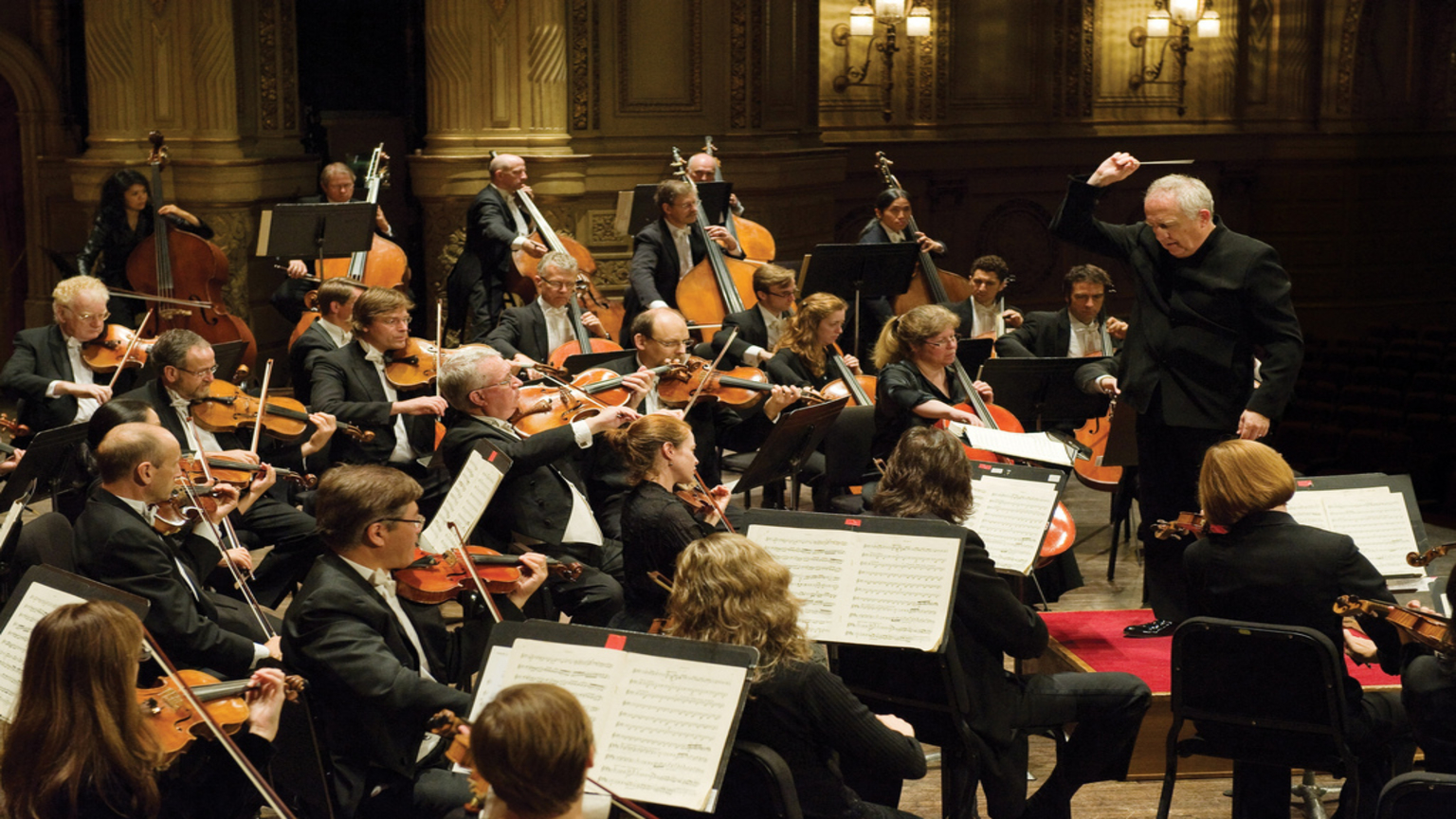Listen to These Odd Pop Songs Composed by a Computer

Maybe you saw the short movie a few months back made from the bizarre script written by an AI program. Well, now here comes AI music courtesy of SONY Computer Science Labs’ (CSL) FlowComposer, and it’s every bit as…convincing. While FlowComposer does string together notes, it has no idea what combinations sound good to the human ear. So on a catchiness scale from 1 to 10, its songs rate about a, well, 0.
FlowComposer had its official debut in Paris, France on October 7, 2016 with a talk, “The Future of Music Making with the Flow Machines,” by François Pachet, director of Sony CSL Paris. Here’s the future-y gif on the event’s web page:

In the description for the talk, FlowComposer is described as a device that boosts creativity through what they call “reflexive interactions,” which “are human-machine interactions with a system that attempts to imitate the user’s style.” Basically, after analyzing a body of work by a human songwriter, FlowComposer attempts to generate new music based on the characteristic traits of the person’s work.
CSL has released two fully realized examples of FlowComposer songs. However, since what FlowComposer generates is just a lead sheet — a melody and basic chords — it’s a little hard to say what came from FlowComposer and what came from human musician Benoît Carré, who “arranged and produced the songs, and wrote the lyrics,” according to CSL.
This one, “Daddy’s Car,” is based on The Beatles’ music.
Here’s The Ballad of Mr Shadow” (sic), somehow based on Irving Berlin, Duke Ellington, George Gershwin and Cole Porter all at once.
Speaking of The Beatles, FlowComposer can reharmonize songs, too, though the results are equally daffy. Here’s what it produced for the Beatles’ “Yesterday.” (Here are the original chords.) FlowComposer re-harmonized the song “in the style of the Beatles,” which you would reasonably expect to sound a lot like the Beatles actual version. Not so much. (You may need to wait a moment for the songs to load in your browser.) There are also examples of “Yesterday” via “jazzman Cole Porter” and Michel Legrand.
(This post’s main image is “Yesterday” in iTunes, by the way.)
FlowComposer can also do “variations” of existing melodies. The posted examples include an unrecognizable variation on “Ode to Joy,” and Sinatra’s “Strangers in the Night,” as done by The Beatles.
FlowComposer exists, presumably still in private testing, as a web app that Carré demonstrates here.
With a lot of settings to adjust to your tastes, it seems obvious — speaking as a musician here — that the process takes a lot longer than simply inventing a melody and finding its chords all by yourself. And what FlowComposer generates doesn’t sound nearly as good.
Amusing side note: As I watched the video above, a cat wandered across a keyboard of mine producing weird melodies that fit seamlessly with FlowComposer’s onscreen ditty.
I get why programmers enjoy figuring out how to create art with AI just to see if they can pull it off. It does feel mildly insulting that they assume human creativity — one of our most magically wonderful human gifts — can be reduced to an algorithm, but maybe it can. Someday. Not today.





